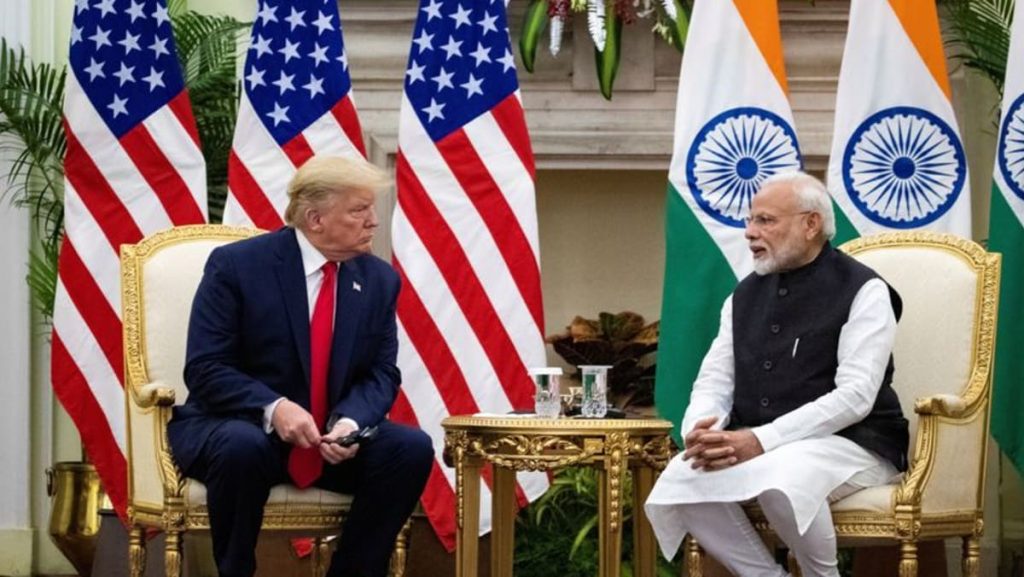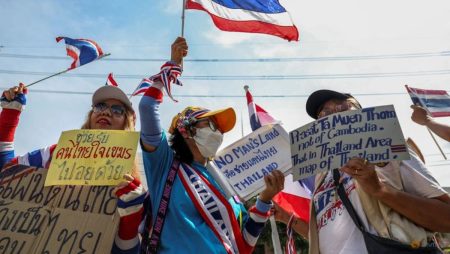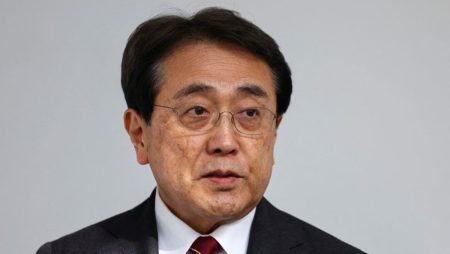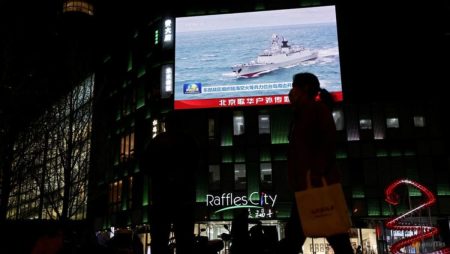The intricate relationship between India and the United States encompasses a significant dimension of skilled professional mobility, particularly exemplified by the H-1B visa program. This program, facilitating the temporary employment of foreign workers in specialized occupations within the US, has become a subject of ongoing debate and discussion, particularly in light of recent pronouncements by President-elect Donald Trump and prominent entrepreneur Elon Musk. India, recognized for its substantial reservoir of IT professionals, constitutes a major beneficiary of this program, with a significant proportion of H-1B visas being granted to Indian nationals. This dynamic underscores the program’s importance within the broader context of India-US bilateral relations.
The recent exchange between Trump and Musk regarding the H-1B program highlights its complex nature and the diverse perspectives surrounding it. While some segments within the US express concerns about potential impacts on domestic employment, others emphasize the program’s benefits in addressing skill shortages and fostering innovation. Trump’s affirmation of support for the program, following Musk’s staunch defense, suggests a recognition of its potential contributions to the US economy. This exchange, coupled with India’s consistent emphasis on the mutually beneficial aspects of skilled professional mobility, sets the stage for continued dialogue and potential refinements to the program’s implementation.
India’s position on the H-1B program centers on the principle of mutual benefit. The country views the movement of skilled professionals as a crucial component of its economic and technological partnership with the US. This perspective is predicated on the understanding that both nations leverage their respective strengths and competitive advantages through the exchange of expertise and talent. Indian professionals contribute significantly to the US technology sector, while simultaneously gaining valuable experience and contributing to India’s economic growth upon their return. This reciprocal dynamic forms a cornerstone of the India-US relationship and is expected to remain a key area of focus in future bilateral discussions.
The sheer volume of H-1B visas issued to Indian nationals underscores the program’s significance within the context of India-US relations. Data reveals that India received a substantial percentage of the total H-1B visas granted in the recent fiscal year, further solidifying the program’s role as a bridge connecting the two nations’ economies and workforces. This significant number highlights the deep interconnectedness between the Indian and US tech sectors and emphasizes the importance of maintaining a fluid and mutually beneficial exchange of skilled professionals. It also underscores the potential impact of any policy changes related to the H-1B program on both economies.
India’s commitment to strengthening ties with the incoming US administration is evident in its recent diplomatic engagements. High-level visits by Indian officials to the US, including meetings with Trump’s transition team, demonstrate a proactive approach to fostering a robust and enduring partnership. These engagements underscore India’s intention to engage constructively with the new administration on a range of issues, including the H-1B program. By maintaining open communication and actively participating in discussions, India aims to ensure that the program continues to serve the interests of both countries and contributes to their shared economic and technological advancements.
The H-1B visa program, while a subject of ongoing debate and potential reform, remains a vital link between India and the United States. It exemplifies the broader trend of globalization and the increasing interconnectedness of economies and workforces. As both nations navigate the complexities of the 21st-century global landscape, the movement of skilled professionals is likely to remain a crucial aspect of their bilateral relationship. The ongoing dialogue and potential adjustments to the H-1B program will play a key role in shaping the future trajectory of this important partnership and ensuring that it continues to contribute to the mutual benefit of both India and the United States. The focus will likely be on finding a balance that addresses concerns about domestic job displacement while also recognizing the vital role that skilled foreign workers play in driving innovation and economic growth.










